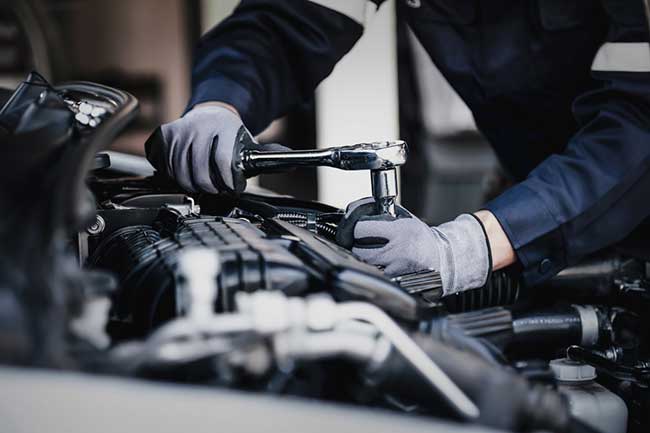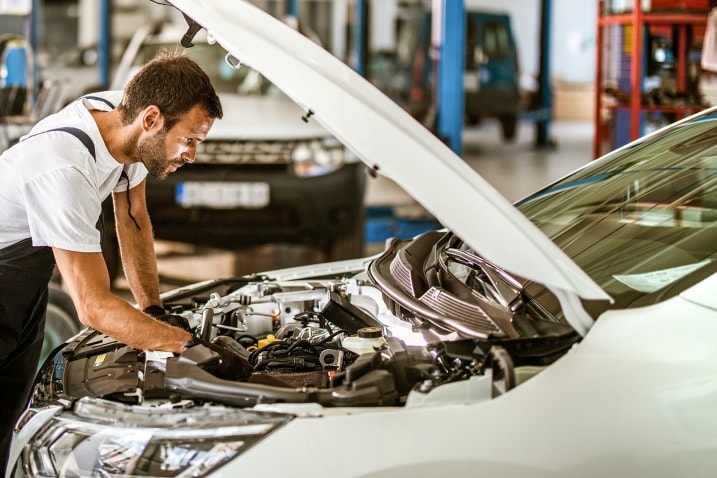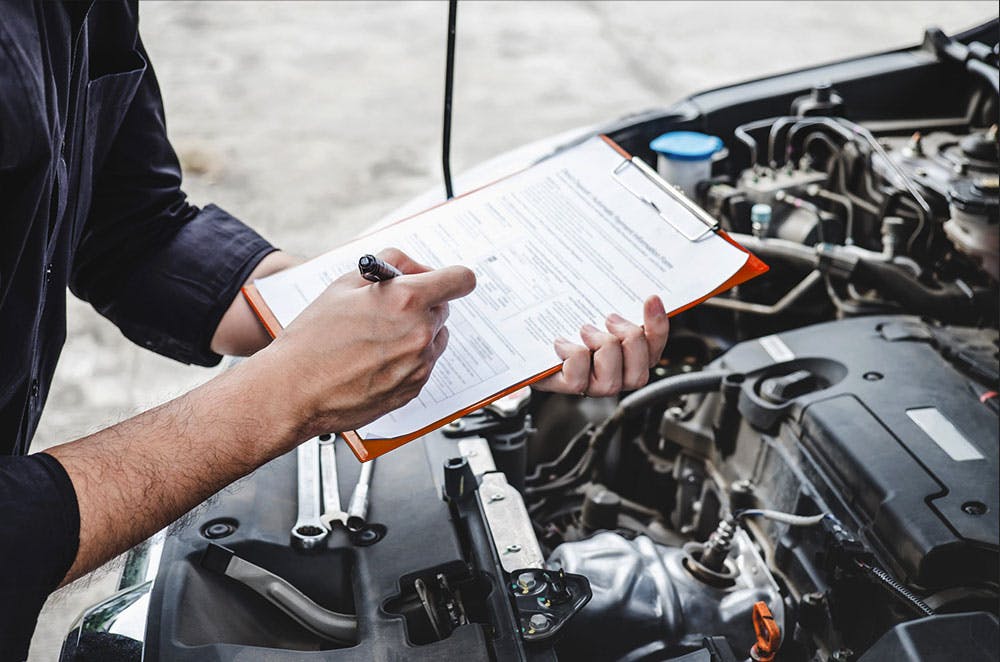All Categories
Featured

A car battery is essential for beginning your lorry and powering electrical systems like lights, radios, and climate controls. Maintaining your battery's health and wellness is critical for staying clear of unnecessary substitutes and unanticipated failures. By adhering to some standard upkeep methods, you can extend the life of your automobile battery and keep your car running efficiently. Below are some helpful tips for maximizing the life-span of your car battery.
- Maintain the Battery Terminals Tidy. Among the leading reasons for battery failure is rust around the terminals. Rust can create a barrier that prevents the battery from effectively billing and releasing, minimizing its life expectancy. To avoid this, examine your battery terminals frequently and clean them if you see any kind of buildup. Use a combination of cooking soda and water or an industrial battery cleaning solution. Cleansing the terminals will ensure a great link and improve the battery's general efficiency.
- Drive Consistently and Avoid Brief Trips. When you drive your automobile, the generator charges the battery. If you regularly drive short distances, your battery might not obtain a complete cost, which can lead to a weaker battery over time.
- When Not in Usage, turn Off Electrical Accessories. Electric components like your vehicle's radio, air conditioning, and indoor lights draw power from the battery. If you leave them on while the engine is off, you can drain pipes the battery much faster than it can reenergize.
- Park in a Cool, Dry Place. Temperature level extremes-- especially severe warmth-- can decrease a car battery's lifespan. Heat triggers the fluid inside the battery to evaporate, which can bring about interior damage and reduced battery life. Cold temperature levels can additionally minimize the battery's efficiency and make it harder for the engine to start. Try to park your car in a garage or a shaded area to shield it from these temperature level extremes. Use a battery cover to more guard the battery from ecological conditions. if possible.
- Examine for Leakages or Damages. Leaks or splits in the battery covering can bring about fluid leaks, which can harm the battery and other parts of the car. It's essential to replace the battery immediately if you observe any leakage or physical damages to your battery. A dripping battery might additionally cause deterioration around the terminals, which will certainly further break down the battery's efficiency.

- Consistently Test Your Battery's Health and wellness. Over time, all cars and truck batteries lose their ability to hold a fee as they age. Many modern-day lorries likewise come outfitted with a battery surveillance system that gives notifies when the battery is weakening.
- Use a Battery Maintainer for Extended Periods of Lack Of Exercise. If you do not drive your car frequently, such as throughout the winter season or while taking a trip, your battery can drain over time. To prevent this, use a battery maintainer (also called a drip charger), which keeps your battery at an ideal cost degree when the automobile isn't in operation. A battery maintainer is specifically valuable for cars and trucks that are kept for long durations, as it avoids the battery from discharging entirely.

- Replace the Battery When Required. Even with correct maintenance, all vehicle batteries at some point get to the end of their life expectancy. Normally, an auto battery lasts in between 3 to 5 years, depending on the climate and driving problems.
Conclusion. Keeping your auto battery is an easy yet reliable method to ensure that your lorry remains trustworthy and carries out at its finest. Frequently cleaning up the terminals, limiting the usage of electrical devices, car park in a temperature-controlled environment, and examining the battery's wellness are key steps to keeping your battery in top form. By adhering to these best practices, you can take full advantage of the life-span of your cars and truck battery, stay clear of unforeseen failings, and save money on substitutes in the long run.
Latest Posts
How to Know When Your Car Needs Skilled Auto Repair at Montclare Auto Repair
Published May 24, 25
1 min read
Reputable Expenses Door Solutions for Homes and Companies
Published May 23, 25
1 min read
Discover Save Big on Car Maintenance with Montclare Auto Repair’s Limited-Time Deals
Published May 23, 25
1 min read
More
Latest Posts
How to Know When Your Car Needs Skilled Auto Repair at Montclare Auto Repair
Published May 24, 25
1 min read
Reputable Expenses Door Solutions for Homes and Companies
Published May 23, 25
1 min read
Discover Save Big on Car Maintenance with Montclare Auto Repair’s Limited-Time Deals
Published May 23, 25
1 min read